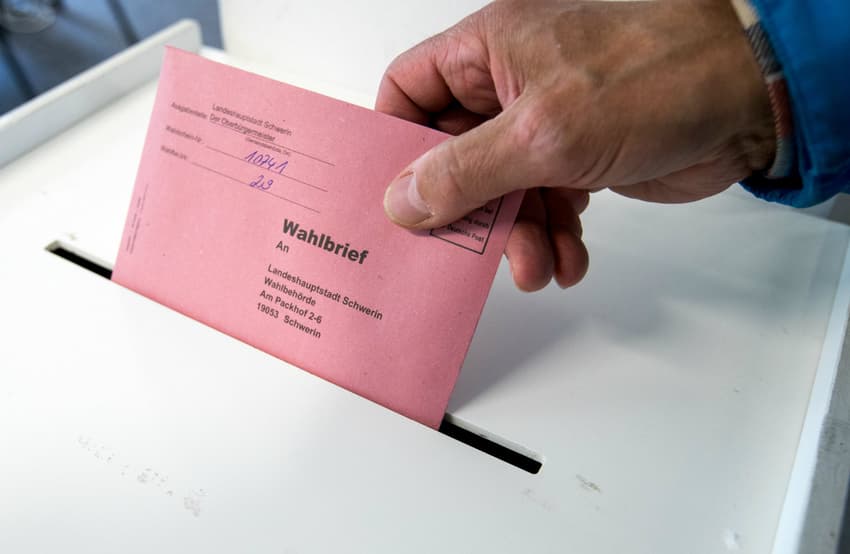Here's how Germany could end up having a snap election next year

A collapse of exploratory talks on forming a new German government under Chancellor Angela Merkel would likely trigger snap elections, a prospect fraught with risk for Europe's top economic power.
The inconclusive September 24th general election left Merkel seeking new partners as she attempts to embark on a fourth term.
However a failure of her conservatives to find enough common ground with the pro-business Free Democrats (FDP) and the ecologist Greens to embark on formal coalition talks would leave the country in political limbo.
What would the road to snap elections look like?
Before new elections could be called under Germany's Basic Law, the Bundestag lower house of parliament would have to be dissolved by the president.
Normally the chancellor could trigger this by calling a confidence vote in parliament. But because Merkel is only the head of a caretaker government, she does not have this option.
To move the process forward, President Frank-Walter Steinmeier could nominate Merkel for election by the Bundestag.
If she failed to win an absolute majority, a second vote may be held within 14 days. If this too is inconclusive, a third round would be held in which a plurality of the votes could potentially suffice to keep Merkel in office.
Steinmeier would then have one week to decide whether to recognise Merkel as chancellor or dissolve the Bundestag.
If he chooses the latter, snap elections must be held within 60 days.
Could a 'grand coalition' deal avert new elections?
Germany has been governed for the last four years by a so-called grand coalition bringing together Merkel's conservatives with their traditional rivals, the Social Democrats (SPD).
In theory, the parties would have enough seats in the Bundestag to form a new government.
However given the SPD's disastrous showing in the September general election with a record low 20.5 percent of the vote, party leader Martin Schulz said it would opt to lead the opposition rather than continuing to languish in Merkel's shadow.
Comments
See Also
The inconclusive September 24th general election left Merkel seeking new partners as she attempts to embark on a fourth term.
However a failure of her conservatives to find enough common ground with the pro-business Free Democrats (FDP) and the ecologist Greens to embark on formal coalition talks would leave the country in political limbo.
What would the road to snap elections look like?
Before new elections could be called under Germany's Basic Law, the Bundestag lower house of parliament would have to be dissolved by the president.
Normally the chancellor could trigger this by calling a confidence vote in parliament. But because Merkel is only the head of a caretaker government, she does not have this option.
To move the process forward, President Frank-Walter Steinmeier could nominate Merkel for election by the Bundestag.
If she failed to win an absolute majority, a second vote may be held within 14 days. If this too is inconclusive, a third round would be held in which a plurality of the votes could potentially suffice to keep Merkel in office.
Steinmeier would then have one week to decide whether to recognise Merkel as chancellor or dissolve the Bundestag.
If he chooses the latter, snap elections must be held within 60 days.
Could a 'grand coalition' deal avert new elections?
Germany has been governed for the last four years by a so-called grand coalition bringing together Merkel's conservatives with their traditional rivals, the Social Democrats (SPD).
In theory, the parties would have enough seats in the Bundestag to form a new government.
However given the SPD's disastrous showing in the September general election with a record low 20.5 percent of the vote, party leader Martin Schulz said it would opt to lead the opposition rather than continuing to languish in Merkel's shadow.
Join the conversation in our comments section below. Share your own views and experience and if you have a question or suggestion for our journalists then email us at [email protected].
Please keep comments civil, constructive and on topic – and make sure to read our terms of use before getting involved.
Please log in here to leave a comment.